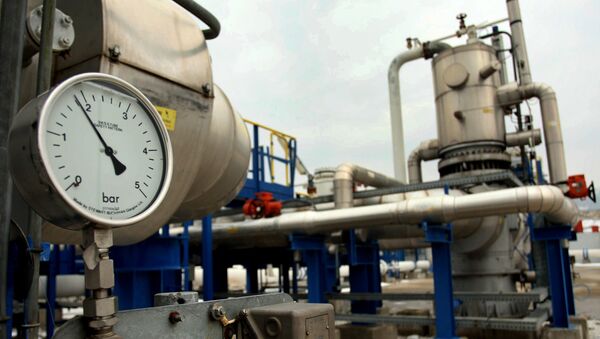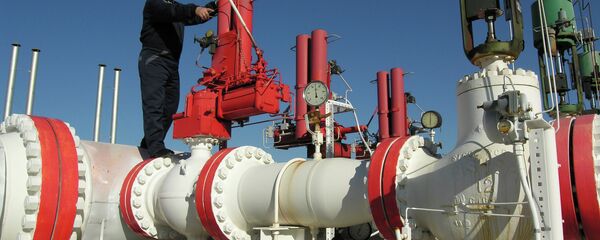"This project is of special importance as it is designed to guarantee the energy security of Europe, which needs to be based on diversification of energy supply roads," Skourletis said.
Russia and Greece signed a memorandum on extending the planned Turkish Stream pipeline in June.
"I cannot be precise about the chronology of the project's implementation, as the construction of the pipeline includes not exclusively Russia and Greece, but other countries as well, where the pipeline passes. Relevant discussions should take place there as well. But I would say that we should move towards the quickest possible action," the minister told Sputnik.
Skourletis added that Greek support of different energy projects "is not a question of competitiveness."
“We want our country to become an energy hub, which would mean it will ease diversification, both through pipelines or by transporting energy resources by other means,” the minister stressed.
At the moment Greece seeks to support the realization of two large international gas pipelines. The 2,170-mile Trans Adriatic Pipeline will transport Azerbaijan's natural gas to Europe and the Turkish Stream Pipeline, with an annual capacity of 63 billion cubic meters, will run from Russia to Turkey beneath the Black Sea, with an extension continuing through Greek territory.
The establishment of a Russian-Greek interstate commission confirms Athens' wish to deepen its relations with Moscow, Panos Skourletis said.
“At the present situation the Greek government has and wants to have close relations with Russia. The fact that there is an interstate commission on the ministry level, which studies a range of cooperation issues between the two countries confirms the wish of the Greek government to deepen the relations," Skourletis said.
"We should continue with the promotion of good relations and increased cooperation between the two countries," he added.



